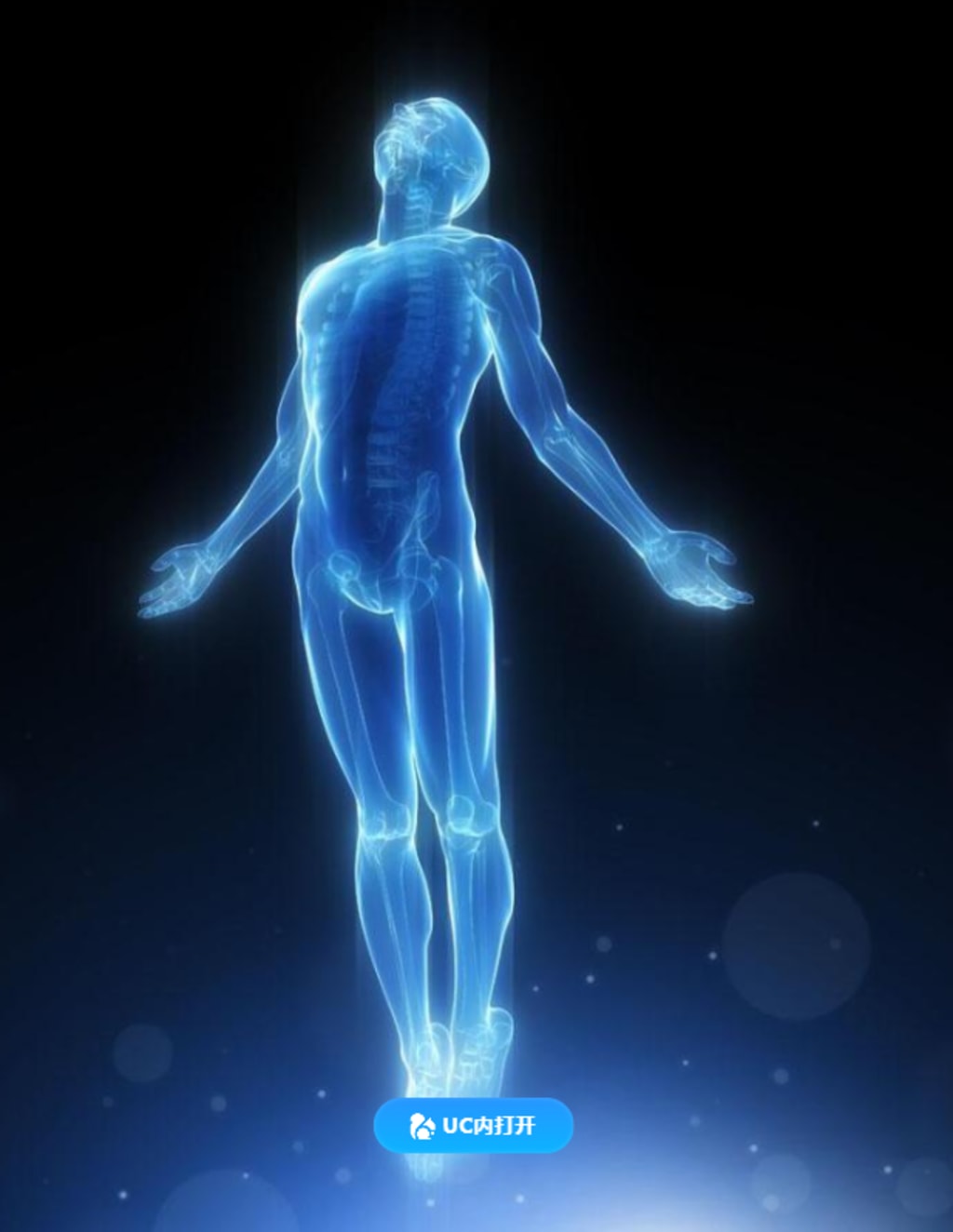A brief history of mankind: the price of upright walking and brain evolution in humans is not really an advantage
The cost of human upright walking and brain evolution

In the evolution of apes into humans, many things were sacrificed. But the sacrifice was worth it because, in the end, we evolved a superior thinking brain unmatched by any other animal. With flexible hands, feet and bodies, humans seem to be invincible.
From our human point of view, it seems that our human form is the most appropriate form to take, in TV shows, games, novels, and other kinds of fantasy. Anthropomorphism is the main form of various aliens, ghosts, monsters, demons, and even animals designed to look like humans, which implies the excellence of the human form.
Although various animals in nature come in different forms, the brain is an organ that most animals have. So why is it that only humans can think? Because humans are intelligent? Can the answer be derived if the brain capacity is used as an indicator? While it is true that there is a relationship with brain capacity, you can't just look at brain capacity. Because big animals have big brains but are not necessarily intelligent, and small animals have small brains but are intelligent. This is so because the larger the body, the greater the brain capacity is needed to distribute the various functions of the body and the rest can be used for thinking.
So you can't judge whether you are smart by the size of your brain. It depends on the ratio of brain capacity to body size or relative brain capacity. The larger the relative brain capacity, the more intelligent you are likely to be. Please watch your words. It is possible, but not certain, that you will be smarter. Relative brain capacity is not the only indicator, there are other indicators, such as whether the animal is a social animal that lives in a group. In the case of humans and other races, Homo sapiens had a large brain capacity, but Neanderthals were larger than Homo sapiens, but it is Homo sapiens, not Neanderthals, that survives today. Neanderthals also lived alone, not in groups.
However, the brain was not infinitely enlarged, as a huge brain is a burden. The brain was structurally weak and not conducive to movement, so a huge skull was needed. And the brain is very consuming. At rest, the brain consumes 25% of its energy. The larger brain size than other apes came at other costs to Homo sapiens. The first is because energy consumption becomes greater and more time is needed to find food. The second is because the brain develops and causes muscles to atrophy.
However, for some time the brain did not play a greater role and simply allowed apes to make tools. Ultimately the reason the brain evolved and functioned further was another trait unique to humans and other races, and that was the ability to walk on two legs. This trait freed up the hands of humans and other races to play other roles. For example, throwing stones (to add to the knowledge that the human action of throwing stones is already imprinted in the genes of many wild animals, even dogs. For for a long time this human activity was a wonderful way to repel fierce animals, who were terrified of it.) and marking. Of course, the greatest effect of freeing your hands is to be able to make and use tools.
The brain comes first at a cost before it can play to our human strengths. Subjecting the spine of upright humans to pressures not previously present, the brain and skull are larger, exacerbating the pain in the spine. There was another fatal change. Walking upright narrowed the hips, so it was difficult for women to give birth, and babies' heads were still growing. To give birth safely, all human children come into the world early. That is why almost all people are born prematurely.
Why do we need to grow up under the care of our parents? Why do some animals live largely independently from birth? Why does it take so long for humans to raise a child, while other animals raise a child without much effort? Upright walking and brain development are the reasons, and this is the price.
And that price allows us to develop a society because a mother may not find enough food to eat while raising her child. Please don't ask me where the father of the child is. In those days mating between animals was fluid and it was normal to know only the mother and not the father. Whether it was asking for help or someone else offering to help. It was all a connection that eventually developed into a family and a community.
In the long process of raising children, education arises. Human diversity is also the result of a long cycle of growth influenced by all kinds of things around us. If humans, like other animals, had only a short growth cycle, and none of this existed, then only survival skills would be learned quickly and independent living would be possible.
This seems like such a coincidence. If the brain of Homo sapiens had not developed and if Homo sapiens had not walked upright, then there would be no humans as they are now. It is also clear here that evolution did not go in a good direction. It is just that animals have evolved and found the right way to survive and eventually developed that way of survival to their advantage. So the human form is not the most perfect form for living things, and the development of intelligence is not the ultimate direction. Humans don't need to feel so superior, they have merely developed their advantages over other animals!






Comments
There are no comments for this story
Be the first to respond and start the conversation.